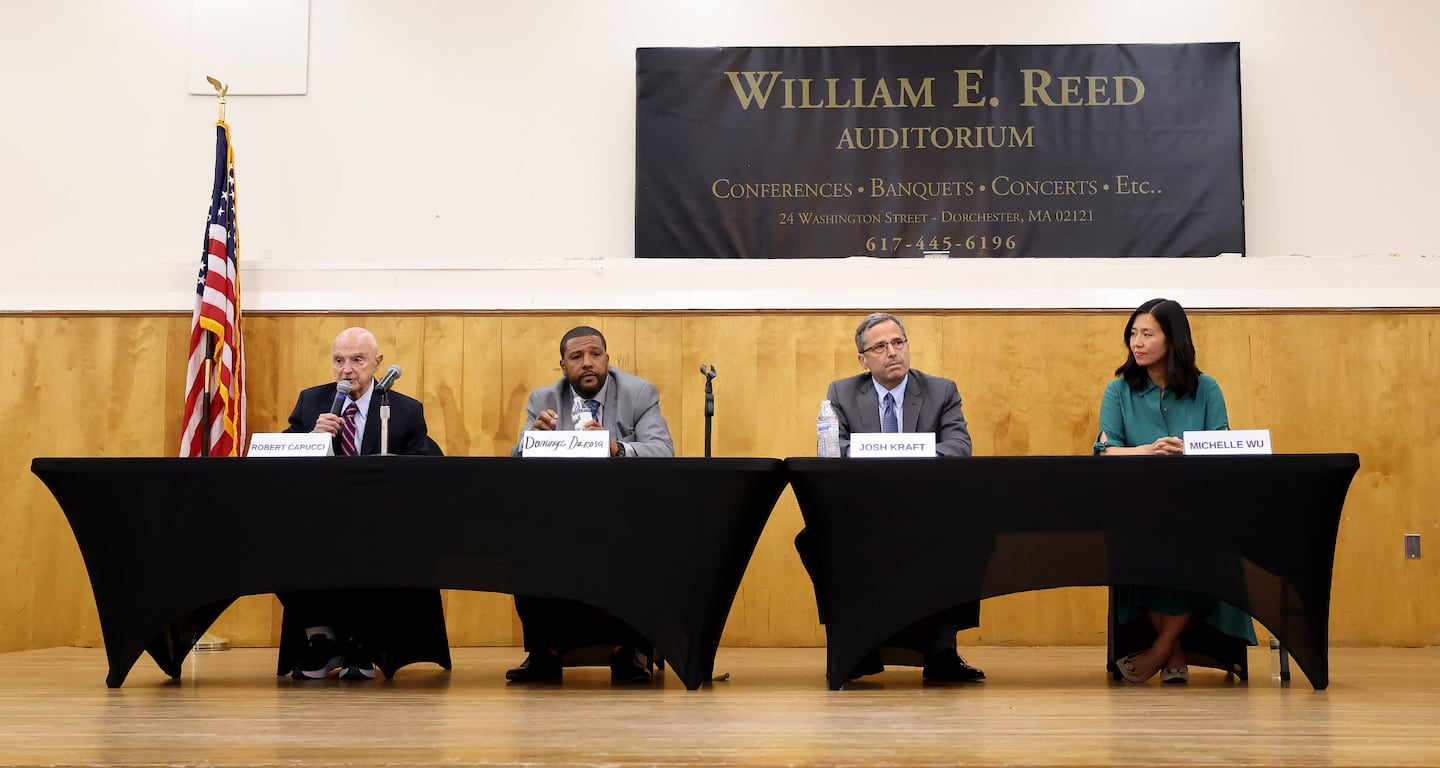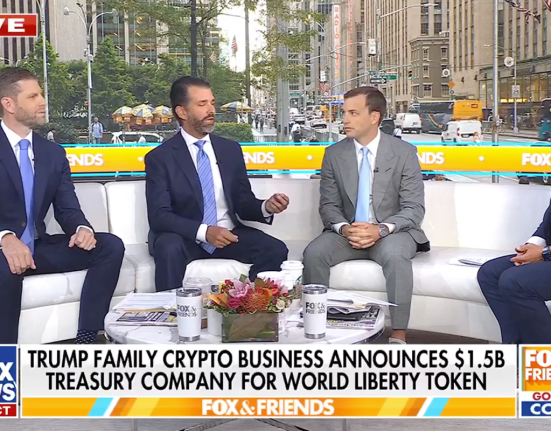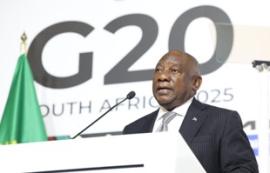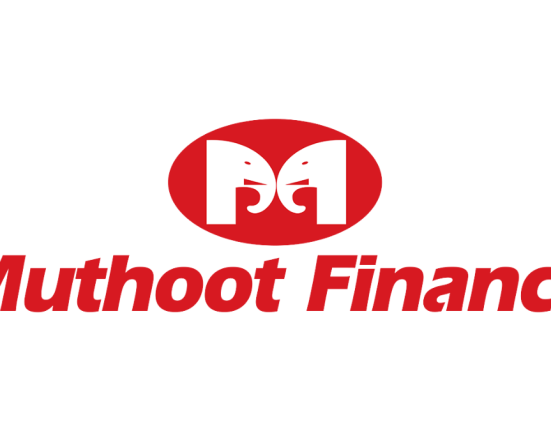More than a dozen Boston Democratic activists on Tuesday asked the Massachusetts Office of Campaign and Political Finance (OCPF), the state agency that polices campaign finance, to investigate what they described as “troubling evidence of illegal campaign spending and coordination” between Josh Kraft’s campaign for mayor and an outside super PAC, “Your City, Your Future,” that has supported his campaign.
Less than 24 hours later, the Kraft campaign fired off its own letter to OCPF regulators, alleging campaign finance law violations by Mayor Michelle Wu, including claims that public employees are improperly working for the mayor’s political campaign by using public resources during office hours.
Both campaigns say they are complying with the law. OCPF does not comment on whether it has opened investigations; the agency moves at a deliberate pace, meaning any potential resolution or enforcement could come long after this fall’s election.
The flurry of allegations comes amid an increasingly expensive and ugly contest for mayor of Boston, one in which money and the role of outside super PACs have become consistent lines of attack.
The allegations related to the Kraft campaign center on Jonathan Karush, a political operative with a leadership role in organizations that are working for both the Kraft campaign and the super PAC. Super PACs are independent spending groups that can raise and spend unlimited money, but may not coordinate directly or indirectly with the campaigns or candidates themselves. In the wake of media reports in Commonwealth Beacon and the Globe about Karush, a group of activists who serve in leadership positions on Boston’s Democratic Ward Committees raised alarm bells that the Kraft campaign and the PAC may have crossed that legal line.
Karush is president of Liberty Concepts Inc., a firm that built and supports a website for the Kraft campaign. Karush is also listed as part of the team, and pictured on the website of Keyser Public Strategies, whose two partners — Will Keyser and Eileen O’Connor — are leading voices within the Kraft campaign.
Additionally, Karush is a principal owner of CP Campaigns LLC, which performs digital ad buying work for the Kraft-aligned super PAC. The PAC has reported paying CP Campaigns $425,000 so far. The company has existed only since March of this year, state business records show.
Karush said in an email to the Globe that he “has no personal involvement with the operations of the super PAC.”
“There is a firewall put in place to any engagement to ensure compliance with Massachusetts election law,” he said in the email.
He did not respond to Globe questions about who at CP Campaigns is performing work on behalf of the super PAC, nor a request for a copy of any written “firewall” policy.
O’Connor, a spokesperson for the Kraft campaign, said in a statement that Karush is a “subcontractor” “not an employee,” at Keyser Public Strategies, and said his work on the Kraft campaign is “limited to website and digital/graphic work — non-strategic activities which will be reflected in public filings.”
State campaign finance regulations say there is a “presumption” that PAC expenditures are illegally coordinated with a campaign if “the person or entity making the expenditure retains the services of a person or entity… who concurrently provides either the candidate or the committee with professional services related to strategy for the current campaign.” But organizers can “rebut” that by demonstrating a “firewall” policy was in place.
Geoff Foster, executive director of the good government group Common Cause Massachusetts, said the close ties between the organizations working for the Kraft campaign and the Kraft-aligned PAC raise “important questions about what firewalls are actually in place.”
State officials should quickly, thoroughly investigate any credible claims of wrongdoing, Foster said.
Asked about the Kraft campaign allegations that public employees are improperly working on the Wu campaign, Foster noted that there are important conflict of interest laws in place regulating what public employees may do on political campaigns.
“There’s a need for OCPF to be the referee in the ring right now,” Foster added.
The Kraft campaign on Wednesday asked OCPF to launch an investigation into Wu for a litany of alleged violations, including what it said was “impermissible coordination” between Wu’s campaign and a super PAC in 2021, when she first ran for mayor. The Kraft campaign also alleged that Wu is improperly relying on City Hall staff to perform the work of her political campaign.
In Massachusetts, public employees are permitted to make political contributions and work on campaigns, but they cannot use public resources — such as city buildings or devices, or time while they are on the clock for their publicly funded jobs — for campaign purposes. They are also not allowed to raise funds.
The Kraft campaign claimed that members of the mayor’s staff engaged in political activity during office hours and using public resources.
Julia Leja, a spokesperson for Wu’s campaign said the campaign is following the law and called the letter “a transparent attempt to distract from illegal campaign spending by Josh Kraft and his Trump megadonors.”
“Boston voters will not be fooled,” she added.
Emma Platoff can be reached at emma.platoff@globe.com. Follow her @emmaplatoff.







